Elementary education is the foundation of a child’s academic journey. The classes required for elementary education provide students with the essential skills and knowledge they need to succeed in school and beyond. At kienhoc.vn, we offer a comprehensive curriculum that meets the needs of all students, regardless of their learning style or ability.
Core Subjects
The core subjects are the most important subjects that you will learn in elementary school. They are the foundation for all of your other learning.
Language Arts
Language arts is all about learning how to read, write, speak, and listen. You will learn how to read different types of texts, from stories to poems to articles. You will also learn how to write different types of texts, from essays to letters to poems. You will also learn how to speak clearly and confidently, and how to listen to others and understand what they are saying.
- Reading
- Writing
- Speaking
- Listening
Math
Math is all about learning how to use numbers and solve problems. You will learn how to add, subtract, multiply, and divide. You will also learn how to measure things, tell time, and solve word problems. Math is used in almost every job, so it is an important subject to learn.
| Math Skills | Examples |
|---|---|
| Addition | Adding up your grocery bill |
| Subtraction | Figuring out how much change you will get back from a purchase |
| Multiplication | Calculating the area of a room |
| Division | Sharing a pizza among friends |
Science
Science is all about learning about the world around us. You will learn about plants, animals, the weather, and the stars. You will also learn about how things work, like how a car engine works or how a plant grows. Science is a fun and exciting subject that can help you understand the world around you.
- Biology
- Chemistry
- Physics
- Earth Science
Social Studies
Social studies is all about learning about people and their cultures. You will learn about history, geography, government, and economics. You will also learn about different cultures from around the world. Social studies can help you understand the world around you and how it has changed over time.
- History
- Geography
- Government
- Economics

Language Arts
Language arts is all about learning how to read, write, speak, and listen. It’s like learning the secret code that lets you talk to the world!
Reading
Reading is like going on an adventure in your mind. You get to travel to different worlds and meet new people, all from the comfort of your chair. Reading helps you learn new things, expand your imagination, and become a better writer.
- Read books, magazines, and newspapers
- Visit the library
- Join a book club
Writing
Writing is like building a castle with words. You get to choose the characters, the setting, and the plot. Writing helps you express yourself, communicate your ideas, and tell stories.
- Write stories, poems, and essays
- Keep a journal
- Start a blog
| Type of Writing | Example |
|---|---|
| Narrative | A story about a boy and his dog |
| Expository | An essay about the history of the United States |
| Persuasive | A letter to the editor arguing for a new playground |
Speaking
Speaking is like sharing your thoughts and ideas with the world. It’s how you communicate with your friends, family, and teachers. Speaking helps you express yourself, build relationships, and get what you want.
- Talk to your friends and family
- Join a debate team
- Give a presentation in class
Listening
Listening is like opening your ears and your mind to the world around you. It’s how you learn new things, understand others, and build relationships. Listening helps you become a better communicator, a better friend, and a better student.
- Listen to your teachers, parents, and friends
- Listen to music, podcasts, and audiobooks
- Listen to the sounds of nature
Remember, language arts is like a superpower that lets you communicate with the world around you. So use your words wisely, and never stop learning and growing!
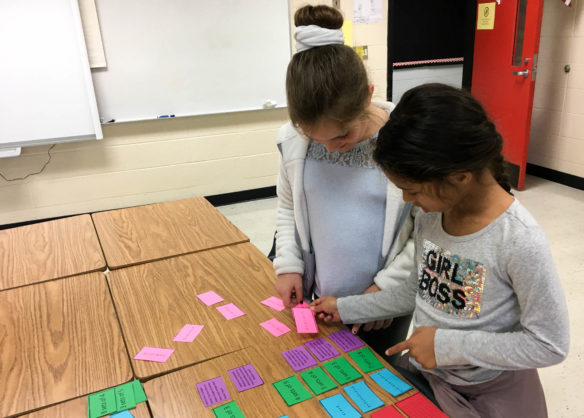
Math
Math is the study of numbers, shapes, and patterns. It helps us understand the world around us and solve problems. Math is used in almost every job, so it’s important to learn as much as you can!
- Counting and numbers
- Addition and subtraction
- Multiplication and division
- Fractions and decimals
- Geometry
- Algebra
- Calculus
| Math Skill | Example |
|---|---|
| Counting | Counting the number of apples in a basket |
| Addition | Adding up the number of students in a class |
| Subtraction | Subtracting the number of pencils you have from the number you need |
| Multiplication | Multiplying the number of cookies you have by the number of friends you want to share them with |
| Division | Dividing the number of slices of pizza by the number of people eating it |
Math can be challenging, but it’s also a lot of fun. If you’re struggling with math, don’t give up! Ask your teacher or a friend for help. There are also many great online resources that can help you learn math.
So what are you waiting for? Start exploring the world of math today!
Here are some tips for learning math:
- Practice regularly.
- Don’t be afraid to ask for help.
- Use manipulatives (like blocks or counters) to help you understand concepts.
- Play math games.
- Read math books and articles.
And most importantly, have fun!
Teaching Time Management to Elementary Students
Math is a valuable skill that can help you succeed in school and in life. So embrace the challenge and start learning today!
Science
Science is all about learning about the world around us. It’s like being a little detective, always asking questions and trying to figure out how things work. Scientists study everything from the tiniest atoms to the biggest galaxies. They want to know why things happen the way they do, and how we can use that knowledge to make the world a better place.
| Science Field | What it studies |
|---|---|
| Biology | Living things, like plants, animals, and humans |
| Chemistry | Matter and how it changes |
| Physics | Energy and forces |
| Earth Science | The Earth and its systems, like the atmosphere and oceans |
Science is everywhere around us. It’s in the food we eat, the clothes we wear, and the technology we use. Science has helped us to understand the world and improve our lives in many ways. For example, science has helped us to develop medicines to cure diseases, create new technologies to make our lives easier, and learn about the environment so we can protect it.
If you’re curious about the world around you, then science is the perfect subject for you. Scientists are always learning new things, and there’s always something new to discover. So if you’re ready for an adventure, then come join the world of science!
Implementing Mindfulness Practices in Elementary Education

Social Studies
What is Social Studies?
Social studies is the study of people and their cultures. It’s like learning about the big puzzle of how humans live together. Social studies helps us understand how people have lived in the past, how they live today, and how they might live in the future.
- History
- Geography
- Government
- Economics
Why is Social Studies Important?
Social studies is important because it helps us understand the world around us. It teaches us about different cultures, different ways of life, and different ways of thinking. Social studies also helps us understand how our government works, how our economy works, and how we can make the world a better place.
| Social Studies Skill | Example |
|---|---|
| Critical thinking | Analyzing different perspectives on a historical event |
| Problem solving | Developing a plan to address a social issue |
| Communication | Presenting a report on a cultural topic |
| Collaboration | Working with classmates on a project about the environment |
Social studies is a fascinating subject that can help us become better citizens and better people. So next time you’re learning about social studies, remember that you’re learning about the big puzzle of how humans live together. And that’s pretty cool!
Exploring World Cultures in Elementary Education
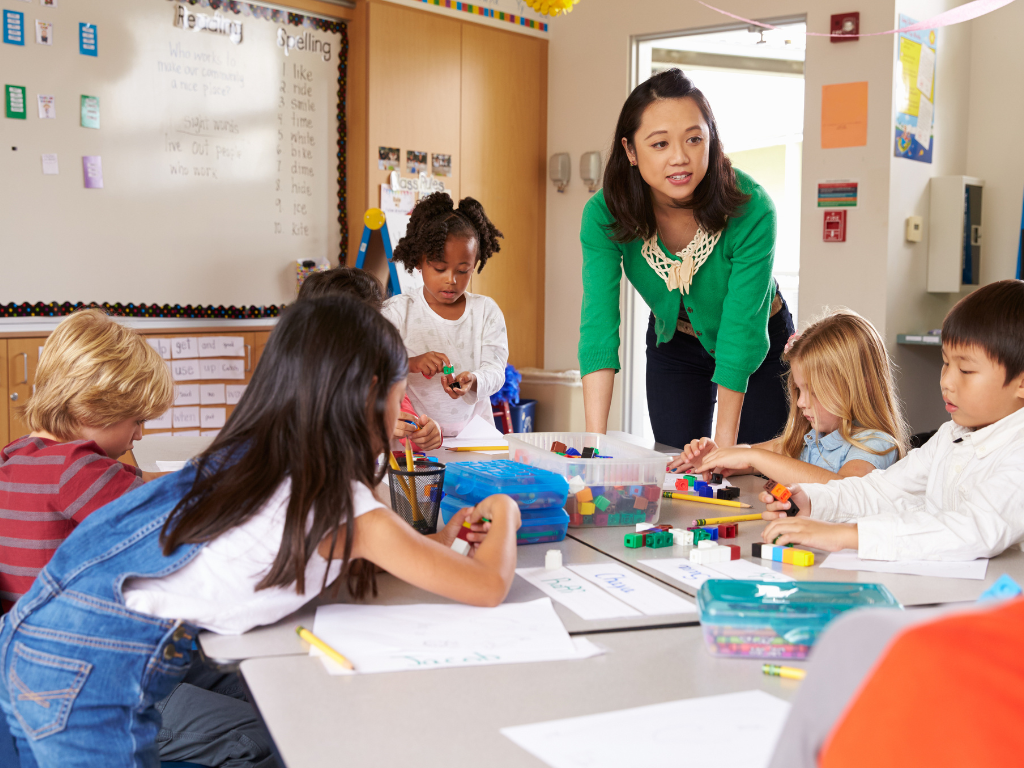
Electives
Electives are classes that you can choose to take in addition to your core subjects. They are a great way to explore your interests and learn new things. Some popular electives include:
- Art
- Music
- Physical Education
- Foreign Language
If you’re interested in learning more about a particular subject, taking an elective is a great way to do it. You’ll get to learn from a teacher who is passionate about the subject and who can help you develop your skills.
| Elective | Benefits |
|---|---|
| Art | Improves creativity, problem-solving skills, and self-expression |
| Music | Enhances musicality, rhythm, and coordination |
| Physical Education | Promotes physical fitness, teamwork, and sportsmanship |
| Foreign Language | Expands cultural awareness, communication skills, and global perspectives |
Electives can also be a lot of fun. They’re a great way to meet new people, make friends, and learn new skills. So if you’re looking for a way to make your elementary school experience even more enjoyable, consider taking an elective.
Exploring World Cultures in Elementary Education
Art
Art is a great way to express yourself and learn about different cultures. In art class, you’ll get to explore different mediums, like painting, drawing, sculpture, and photography. You’ll also learn about different art styles, from realism to abstract expressionism.
Taking art classes can help you develop your creativity, problem-solving skills, and self-expression. It can also help you learn about different cultures and appreciate the beauty of the world around you.
Enhancing Creativity in Elementary Students
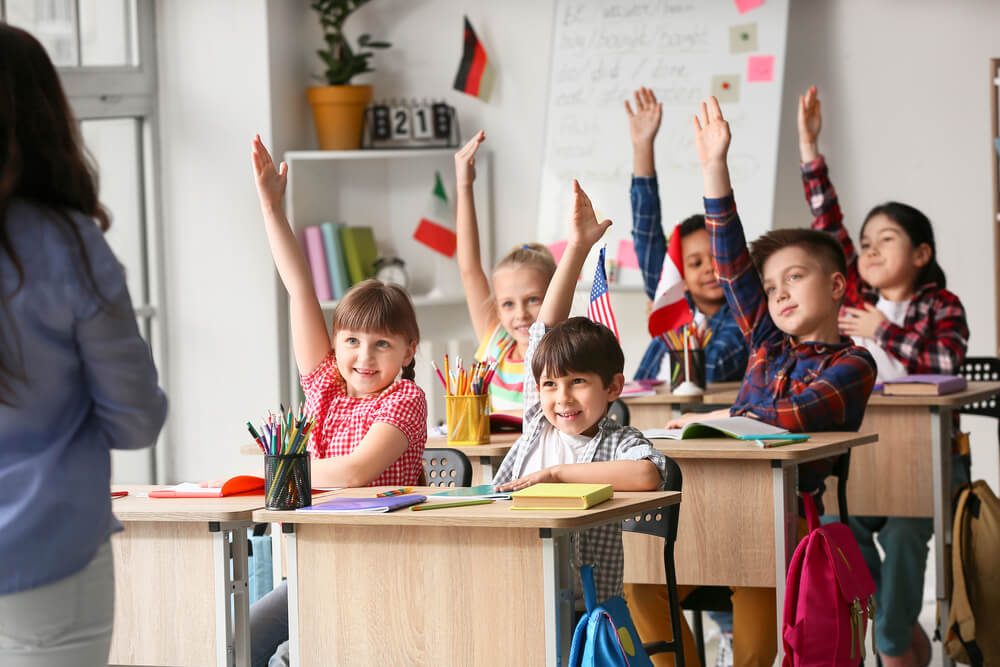
Art
Exploring Your Creativity
Art is all about expressing yourself and having fun. In art class, you can let your imagination run wild and create anything you want. You can paint, draw, sculpt, or even take pictures. There are no rules in art, so you can be as creative as you want.
Art is a great way to learn about different cultures. When you look at art from other countries, you can learn about their history, beliefs, and way of life. You can also learn about different art styles and techniques. Art can help you understand the world around you and appreciate the beauty of different cultures.
Enhancing Creativity in Elementary Students
| Art Medium | Examples |
|---|---|
| Painting | Watercolor, acrylic, oil |
| Drawing | Pencil, charcoal, pastel |
| Sculpture | Clay, paper-mâché, wood |
| Photography | Digital, film |
The Benefits of Art
There are many benefits to taking art classes. Art can help you develop your creativity, problem-solving skills, and self-expression. It can also help you learn about different cultures and appreciate the beauty of the world around you.
If you’re interested in learning more about art, talk to your teacher about taking an art class. You might be surprised at how much you enjoy it!
Exploring World Cultures in Elementary Education
- Improves creativity
- Develops problem-solving skills
- Enhances self-expression
- Promotes cultural awareness
- Fosters appreciation for beauty
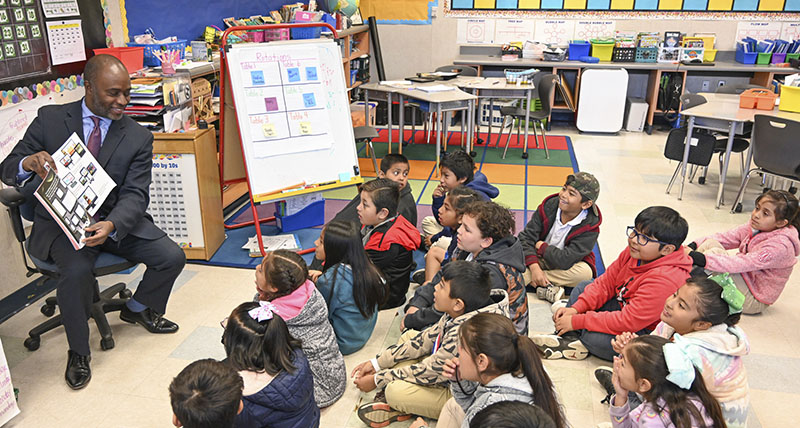
Music
The Magic of Music
Music is like magic that can make us feel happy, sad, or excited. It can transport us to different worlds and tell stories without words. In music class, you’ll get to sing, play instruments, and learn about different types of music from all over the world.
Learning music can help you develop your creativity, teamwork skills, and self-confidence. It can also help you learn about different cultures and appreciate the beauty of the world around you.
Exploring World Cultures in Elementary Education
| Musical Activity | Benefits |
|---|---|
| Singing | Improves vocal skills, lung capacity, and self-expression |
| Playing instruments | Develops hand-eye coordination, fine motor skills, and musicality |
| Listening to music | Enhances musical appreciation, critical thinking, and emotional intelligence |
Music Around the World
Music is a universal language that can be enjoyed by people of all cultures. In music class, you’ll get to learn about different types of music from all over the world. You’ll learn about the instruments, rhythms, and melodies that make each type of music unique.
Learning about music from different cultures can help you understand the world around you and appreciate the beauty of diversity.
Teaching Financial Literacy at the Elementary Level
- African music: Uses drums, rattles, and other percussion instruments to create rhythmic and lively music.
- Asian music: Often uses stringed instruments, such as the violin and the guitar, to create beautiful and delicate melodies.
- European music: Has a long history of classical music, opera, and folk music.
Music is a gift that can enrich our lives in so many ways. So next time you hear music, take a moment to appreciate its beauty and power.
Enhancing Creativity in Elementary Students
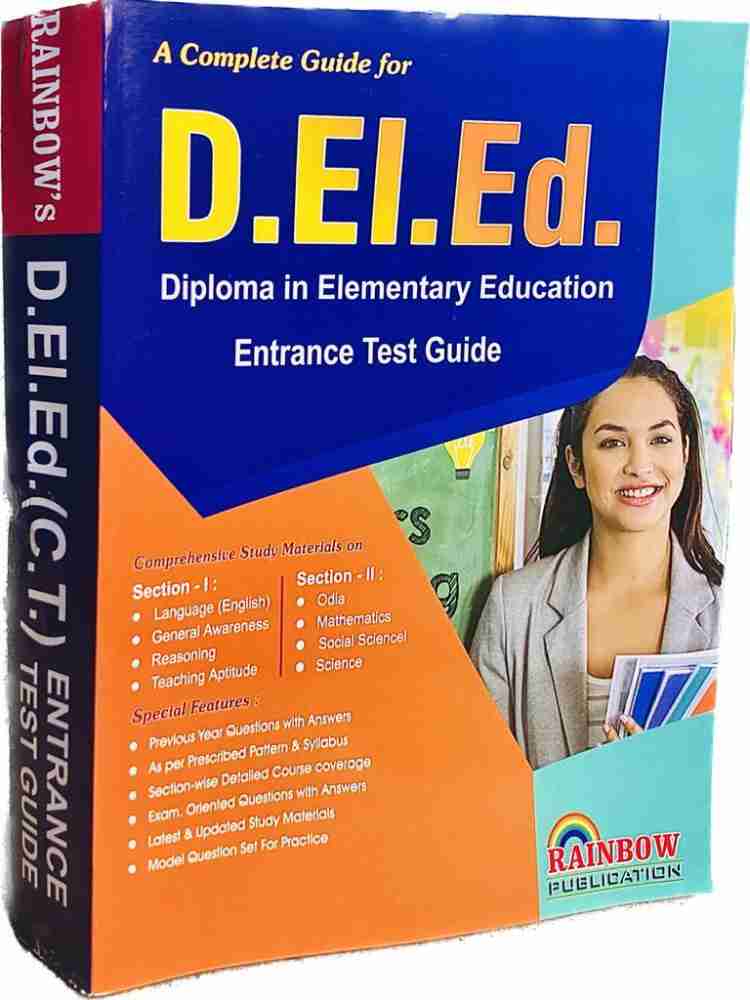
Physical Education
Physical education (PE) is all about moving your body and staying healthy. In PE class, you’ll get to play games, do exercises, and learn about different sports. PE is a great way to stay active, have fun, and make new friends.
- Playing games
- Doing exercises
- Learning about different sports
PE is important because it helps you stay healthy and fit. Exercise can help you build strong muscles and bones, improve your heart health, and reduce your risk of obesity and other chronic diseases.
Promoting Physical Activity and Wellness in Young Students
| PE Activity | Benefits |
|---|---|
| Playing games | Improves coordination, teamwork, and sportsmanship |
| Doing exercises | Builds strength, endurance, and flexibility |
| Learning about different sports | Expands knowledge of sports and develops new skills |
PE is also a great way to have fun and make new friends. Playing games and doing exercises with your classmates is a great way to socialize and learn how to work together.
Fostering Collaborative Learning in Elementary Classrooms
If you’re looking for a fun and healthy way to stay active, PE is the perfect class for you. So next time you have PE, get ready to have some fun and learn about the importance of staying healthy.
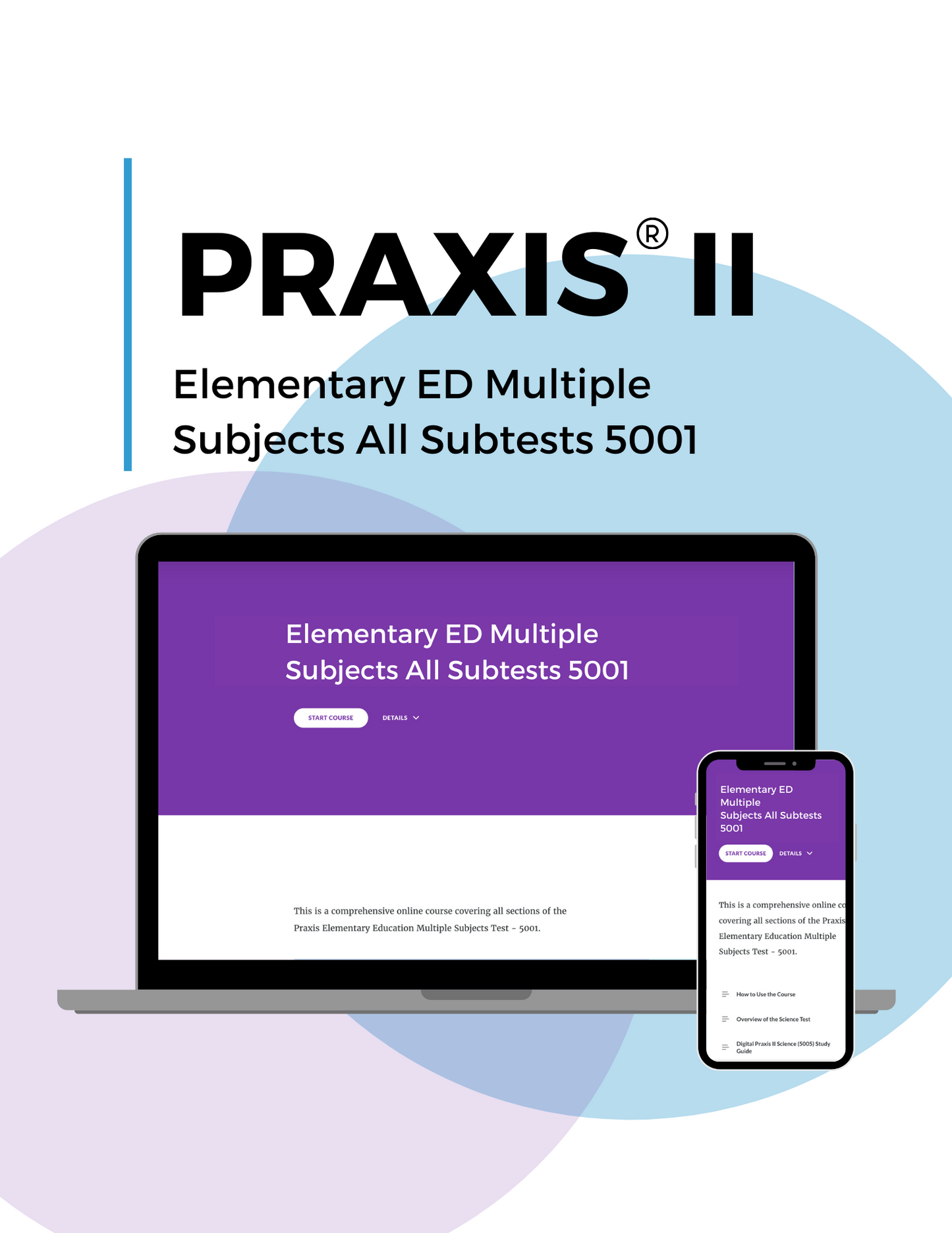
Foreign Language
Learning a New Language
Learning a foreign language is like learning a secret code that lets you talk to people from all over the world. It’s like having a superpower that lets you unlock new cultures and make new friends.
In foreign language class, you’ll learn how to speak, read, write, and listen to a new language. You’ll learn about different cultures and customs, and you’ll get to practice your new language skills with your classmates.
Exploring World Cultures in Elementary Education
- Speaking
- Reading
- Writing
- Listening
Why Learn a Foreign Language?
There are many benefits to learning a foreign language. Here are just a few:
- It can help you get better grades in school.
- It can improve your job prospects.
- It can help you travel the world and meet new people.
- It can help you understand different cultures.
- It can be a lot of fun!
Choosing a Foreign Language
There are many different foreign languages to choose from. Some of the most popular languages include Spanish, French, Chinese, and German. When choosing a language to learn, it’s important to consider your interests and goals.
Teaching Financial Literacy at the Elementary Level
| Language | Difficulty | Popularity |
|---|---|---|
| Spanish | Easy | Very popular |
| French | Medium | Popular |
| Chinese | Hard | Very popular |
| German | Medium | Popular |
If you’re not sure which language to learn, talk to your teacher or a foreign language teacher at your school. They can help you choose a language that’s right for you.
Enhancing Creativity in Elementary Students

Special Education
Special Education Services
Special education services are designed to help students with disabilities learn and succeed in school. These services can include:
- Individualized instruction
- Assistive technology
- Speech therapy
- Occupational therapy
- Physical therapy
Special education services can help students with disabilities reach their full potential and participate fully in school and society.
Supporting Students with ADHD in Elementary Classrooms
English as a Second Language
English as a Second Language (ESL) programs are designed to help students who are not native English speakers learn English so that they can succeed in school.
ESL programs can include:
- English language instruction
- Cultural orientation
- Academic support
ESL programs can help students who are not native English speakers succeed in school and participate fully in American society.
Strategies for Teaching ESL Students in Elementary School
| ESL Program | Benefits |
|---|---|
| English language instruction | Helps students learn English so they can succeed in school |
| Cultural orientation | Helps students understand American culture and customs |
| Academic support | Helps students with their schoolwork |
Gifted and Talented Education
Gifted and talented education programs are designed to help students who are gifted and talented reach their full potential. These programs can include:
- Accelerated learning
- Enrichment activities
- Mentoring
Gifted and talented education programs can help students who are gifted and talented develop their talents and abilities and reach their full potential.
Strategies for Teaching Gifted Learners in Elementary Settings

Special Education Services
What are Special Education Services?
Special education services are like special helpers that help students with disabilities learn and succeed in school. These helpers can be like extra teachers, special equipment, or even speech or physical therapists.
Supporting Students with ADHD in Elementary Classrooms
Why are Special Education Services Important?
Special education services are important because they help students with disabilities reach their full potential. With the right help, these students can learn and succeed just like other students.
| Special Education Service | How it Helps |
|---|---|
| Individualized instruction | Helps students learn at their own pace |
| Assistive technology | Helps students with disabilities access learning materials |
| Speech therapy | Helps students improve their speech and language skills |
| Occupational therapy | Helps students develop fine motor skills and coordination |
| Physical therapy | Helps students develop gross motor skills and strength |
- Students with learning disabilities may need extra help with reading, writing, or math.
- Students with physical disabilities may need special equipment to help them move around or access learning materials.
- Students with speech or language impairments may need speech therapy to help them communicate.
Strategies for Teaching Gifted Learners in Elementary Settings

English as a Second Language
What is English as a Second Language?
English as a Second Language (ESL) is a program that helps students who are not native English speakers learn English so that they can succeed in school. ESL programs can include English language instruction, cultural orientation, and academic support.
ESL programs can help students who are not native English speakers succeed in school and participate fully in American society.
Strategies for Teaching ESL Students in Elementary School
Why is English as a Second Language Important?
ESL is important because it helps students who are not native English speakers learn English so that they can succeed in school. Students who can speak and understand English are more likely to succeed in their classes and go on to college or a career.
| ESL Program | Benefits |
|---|---|
| English language instruction | Helps students learn English so they can succeed in school |
| Cultural orientation | Helps students understand American culture and customs |
| Academic support | Helps students with their schoolwork |
ESL programs can also help students develop their critical thinking skills, problem-solving skills, and communication skills. These skills are important for success in school and in life.
Exploring World Cultures in Elementary Education
How Can I Get Involved in English as a Second Language?
If you are interested in getting involved in ESL, there are many ways to do so. You can volunteer to tutor ESL students, donate to an ESL program, or simply befriend an ESL student and help them practice their English.
Community Service and Civic Education for Young Students
- ESL programs are available at many schools, community colleges, and universities.
- There are also many online ESL programs available.
- You can find ESL tutors and classes in your area by searching online or contacting your local school district.
Gifted and Talented Education
Gifted and talented students are like little superheroes with extra-special brains. They learn faster, think differently, and have amazing talents. They might be great at math, science, art, music, or writing.
Strategies for Teaching Gifted Learners in Elementary Settings
| Gifted and Talented Student | Superpower |
|---|---|
| Math whiz | Can solve math problems in their head faster than a calculator |
| Science genius | Can explain how the world works like a scientist |
| Art prodigy | Can create beautiful paintings, drawings, and sculptures |
| Musical maestro | Can play instruments and sing like a rock star |
| Writing wizard | Can write stories and poems that make you laugh, cry, and think |
Gifted and talented education programs are like special clubs for these superheroes. They give them a chance to learn with other kids who are just as smart and talented as they are. In these programs, they can explore their interests, develop their talents, and reach their full potential.
Cross-Curricular Teaching in Elementary Schools
- Challenge them with harder work
- Let them learn at their own pace
- Give them opportunities to explore their interests
- Help them develop their talents
- Prepare them for success in college and career
If you think your child might be gifted and talented, talk to their teacher or school counselor. They can help you assess your child’s abilities and find the right program for them.
Exploring World Cultures in Elementary Education
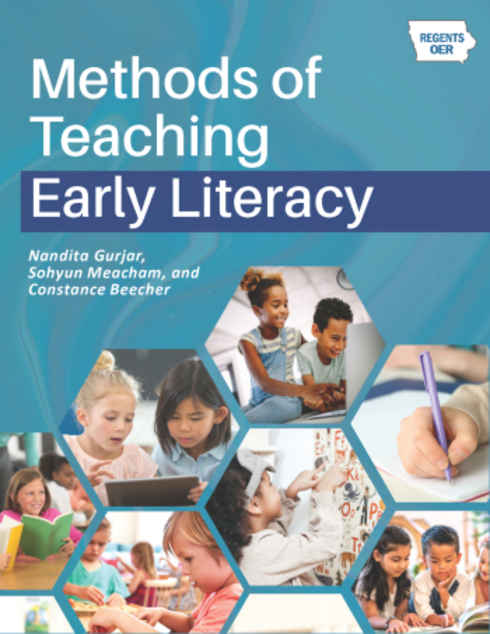
Technology
Computers and the Internet
Computers are like magic machines that can help us learn, play, and stay connected with friends and family. The Internet is like a giant library that has all the information in the world. We can use computers and the Internet to do our homework, write stories, play games, watch movies, and much more.
Teaching Time Management to Elementary Students
- Do our homework
- Write stories
- Play games
- Watch movies
- Stay connected with friends and family
Technology in the Classroom
Technology is also being used in the classroom to help students learn. Interactive whiteboards, tablets, and laptops are all becoming more common in schools. These tools can help students learn in new and exciting ways. For example, students can use interactive whiteboards to play games, solve puzzles, and create presentations. They can also use tablets and laptops to take notes, do research, and write reports.
Implementing Mindfulness Practices in Elementary Education
| Technology in the Classroom | Benefits |
|---|---|
| Interactive whiteboards | Can be used to play games, solve puzzles, and create presentations |
| Tablets | Can be used to take notes, do research, and write reports |
| Laptops | Can be used to do all of the above, plus access the Internet |
The Future of Technology
Technology is changing the world in many ways. It’s hard to imagine what the future of technology holds, but it’s sure to be exciting. We can expect to see even more amazing new technologies that will make our lives easier, more fun, and more connected.
Exploring World Cultures in Elementary Education
- Make our lives easier
- Make our lives more fun
- Make our lives more connected
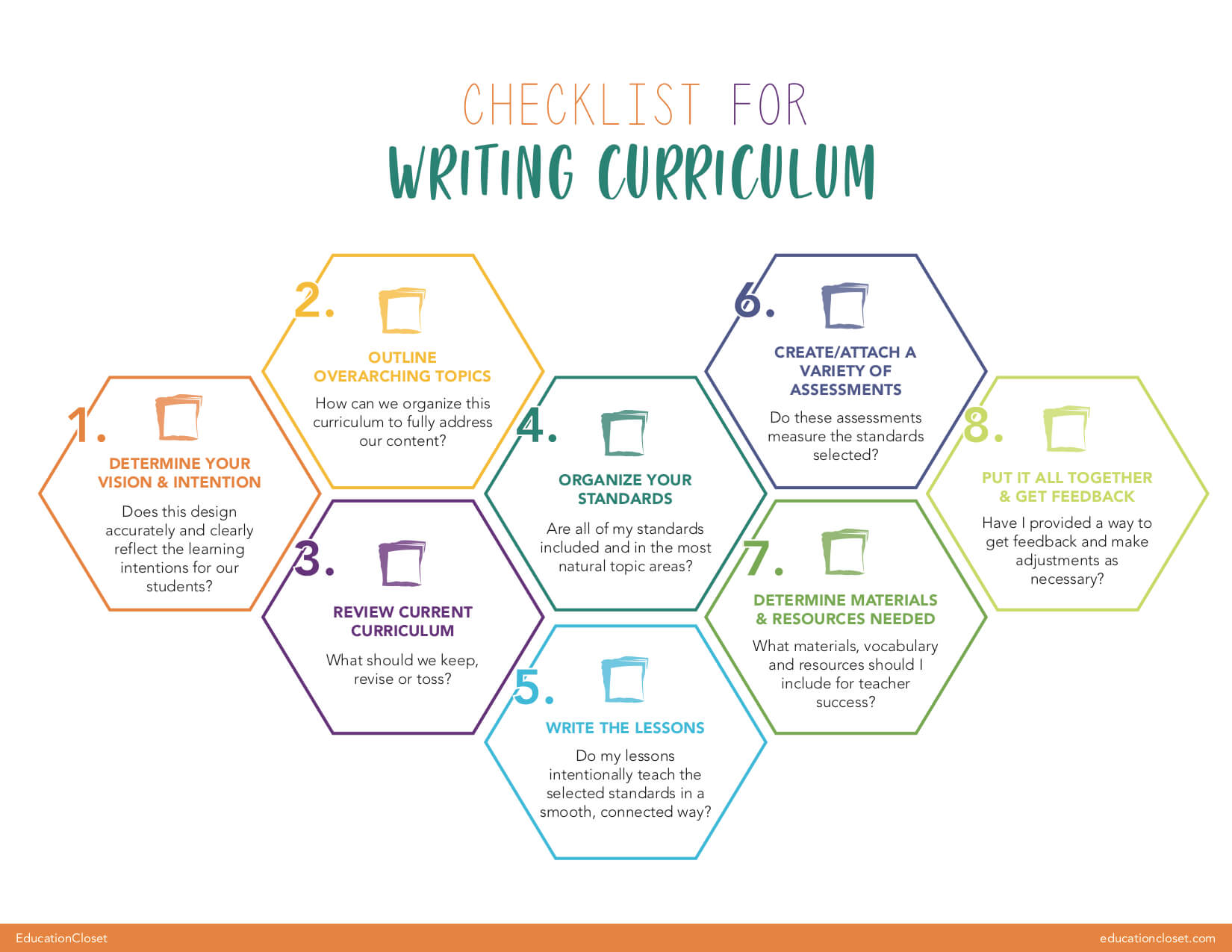
Computer Science
Computer science is the study of computers and how they work. It’s like learning the secret language of computers so that you can tell them what to do.
Computer scientists learn about different types of computers, from tiny microcontrollers to huge supercomputers. They also learn about different programming languages, which are like different ways of talking to computers.
| Computer Scientist | What they do |
|---|---|
| Software engineer | Designs and builds computer programs |
| Web developer | Creates and maintains websites |
| Data scientist | Analyzes data to find patterns and trends |
Computer science is a rapidly growing field, and there are many different jobs available for computer scientists. Some computer scientists work for big companies like Google and Microsoft, while others work for smaller companies or start their own businesses.
If you’re interested in learning more about computer science, there are many different ways to get started. You can take classes at school, join a computer club, or learn online. There are also many great books and websites that can teach you about computer science.
Coding and Robotics Programs for Elementary Students
- Learn about different types of computers
- Learn about different programming languages
- Build your own computer programs
- Create your own websites
- Analyze data to find patterns and trends

Information Literacy
What is Information Literacy?
Information literacy is like being a super sleuth who can find the information you need, when you need it. It’s like having a superpower that helps you learn about anything you want.
Why is Information Literacy Important?
Information literacy is important because it helps you make informed decisions. When you know how to find and evaluate information, you can make better choices about your life. For example, if you’re trying to decide what to eat for dinner, you can use information literacy to find recipes and compare them. This will help you make a decision that’s best for you.
| Information Literacy Skill | Example |
|---|---|
| Finding information | Using a search engine to find information on a topic |
| Evaluating information | Deciding if a website is credible |
| Using information | Writing a report using information from multiple sources |
How Can I Improve My Information Literacy Skills?
There are many ways to improve your information literacy skills. Here are a few tips:
- Use a variety of sources.
- Be critical of the information you find.
- Ask for help when you need it.
By following these tips, you can become an information literacy superstar!
Developing Organizational Skills in Elementary Students
Finding Information
The first step to information literacy is finding the information you need. There are many different ways to do this, but the most common way is to use a search engine. Search engines like Google and Bing can help you find websites, articles, and other resources on any topic you can imagine.
When you’re using a search engine, it’s important to use specific keywords. Keywords are the words that describe the information you’re looking for. For example, if you’re looking for information on how to bake a cake, you might use the keywords “cake recipe.” The more specific your keywords are, the more likely you are to find the information you need.
Teaching Time Management to Elementary Students
Evaluating Information
Once you’ve found some information, it’s important to evaluate it to make sure it’s credible. Credible information is information that is accurate, reliable, and unbiased. Here are a few things to look for when evaluating information:
- The author’s credentials
- The date the information was published
- The source of the information
If you’re not sure whether or not information is credible, you can always ask a librarian or teacher for help.
Exploring World Cultures in Elementary Education
Using Information
Once you’ve found and evaluated information, it’s time to use it. There are many different ways to use information, but the most common way is to write a report or give a presentation. When you’re using information in a report or presentation, it’s important to cite your sources. This means giving credit to the people who created the information you’re using.
Citing your sources is important because it shows that you’re being honest and that you’re not plagiarizing. Plagiarism is when you use someone else’s work without giving them credit. It’s a serious offense, so it’s important to avoid it.
Promoting Positive Behavior in Elementary School
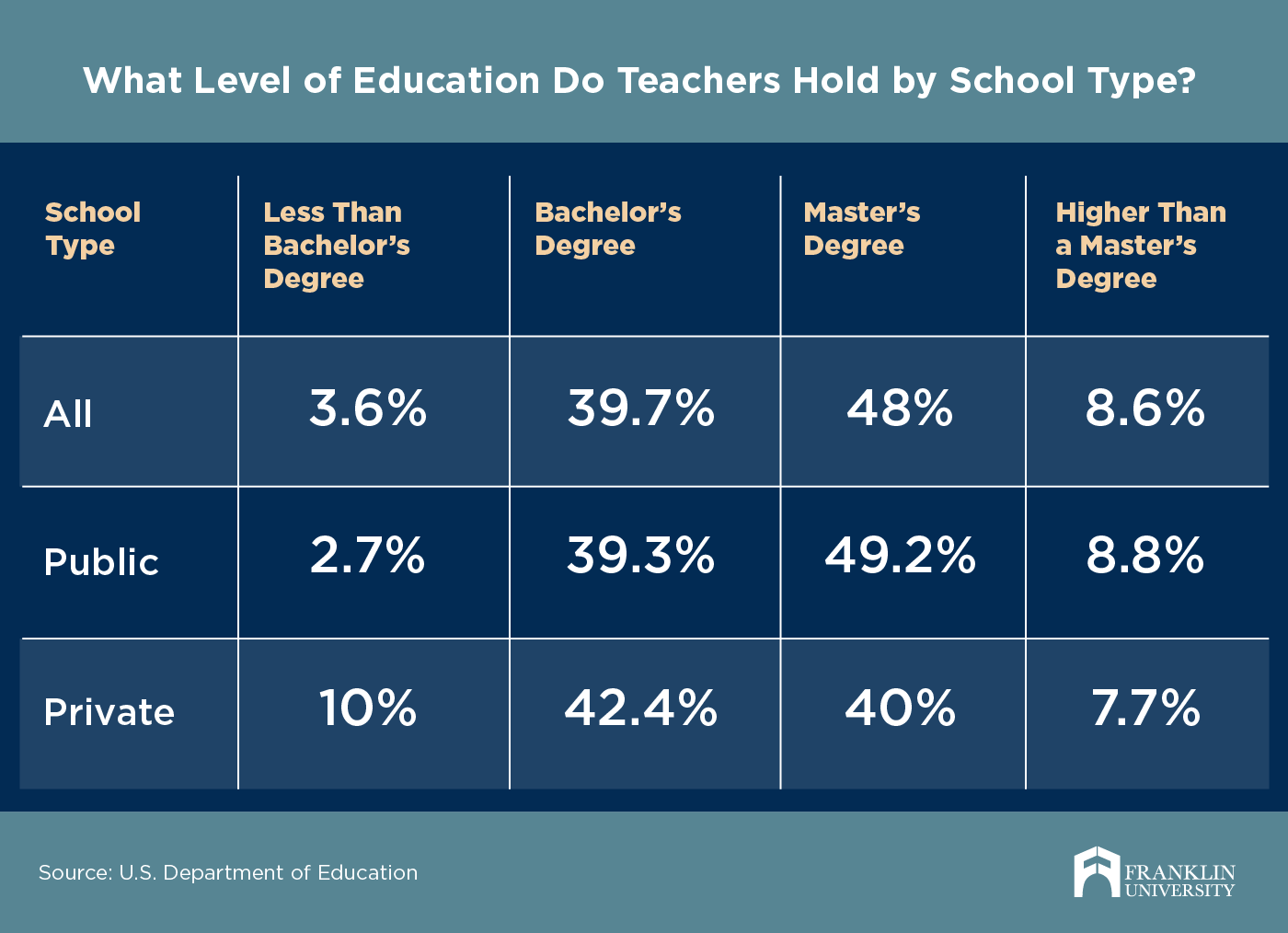
Digital Citizenship
Digital citizenship is like being a good citizen in the digital world. It’s about using technology in a responsible and respectful way. When we’re good digital citizens, we protect ourselves and others from online dangers, and we help to make the internet a better place for everyone.
Here are some tips for being a good digital citizen:
- Be respectful of others online.
- Don’t share personal information with strangers.
- Be careful about what you post online.
- Respect copyright laws.
- Use technology to help others.
| Digital Citizenship Skill | Example |
|---|---|
| Be respectful of others online | Using kind and respectful language in online conversations |
| Don’t share personal information with strangers | Not sharing your address, phone number, or other personal information with people you don’t know online |
| Be careful about what you post online | Thinking before you post something online and considering how it might affect others |
| Respect copyright laws | Not copying or using other people’s work without their permission |
| Use technology to help others | Using technology to volunteer, help others learn, or make the world a better place |
By following these tips, we can all be good digital citizens and help to make the internet a safer and more enjoyable place for everyone.
Elementary School Safety and Emergency Preparedness

Final Thought
The classes required for elementary education provide students with the foundation they need to succeed in school and beyond. At kienhoc.vn, we offer a comprehensive curriculum that meets the needs of all students, regardless of their learning style or ability. We believe that every child has the potential to succeed, and we are committed to providing them with the tools they need to reach their full potential.



